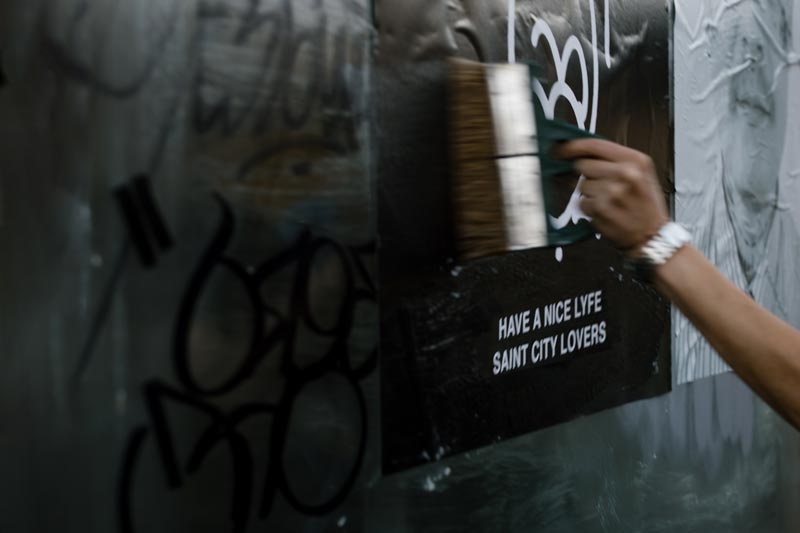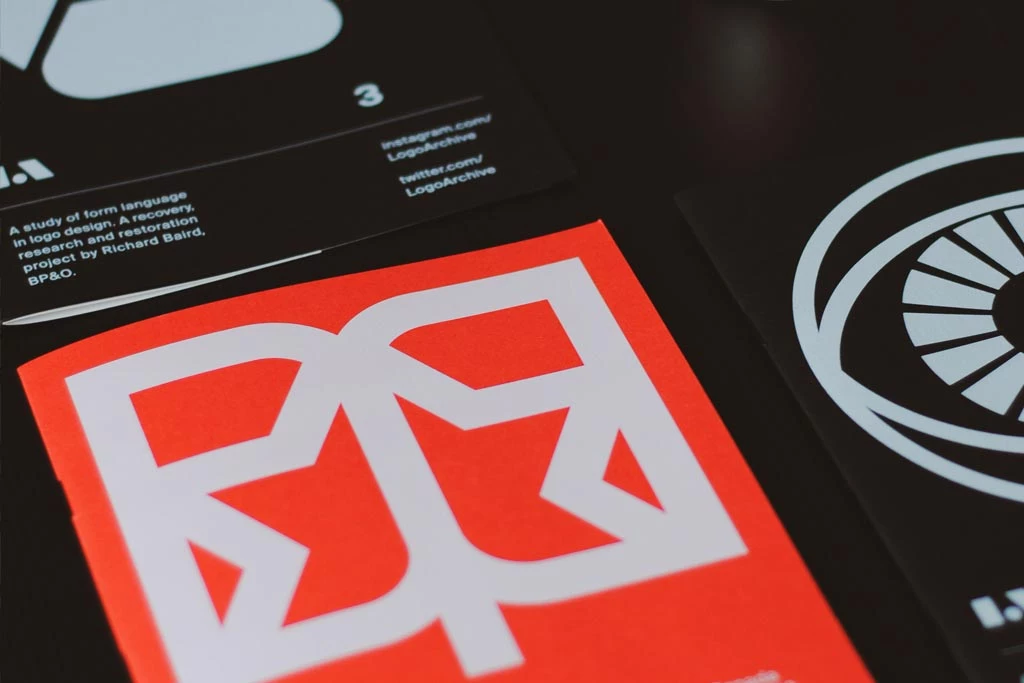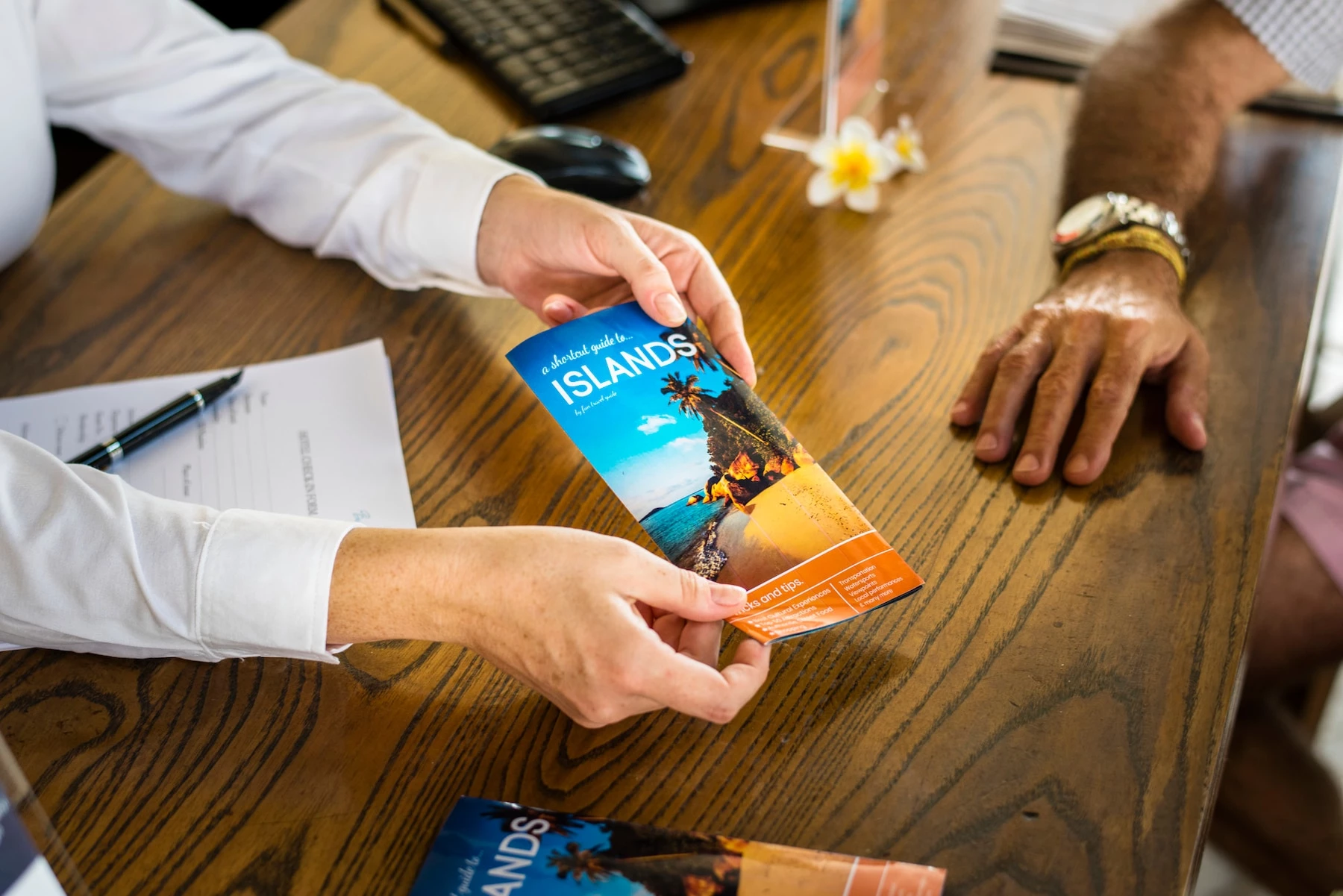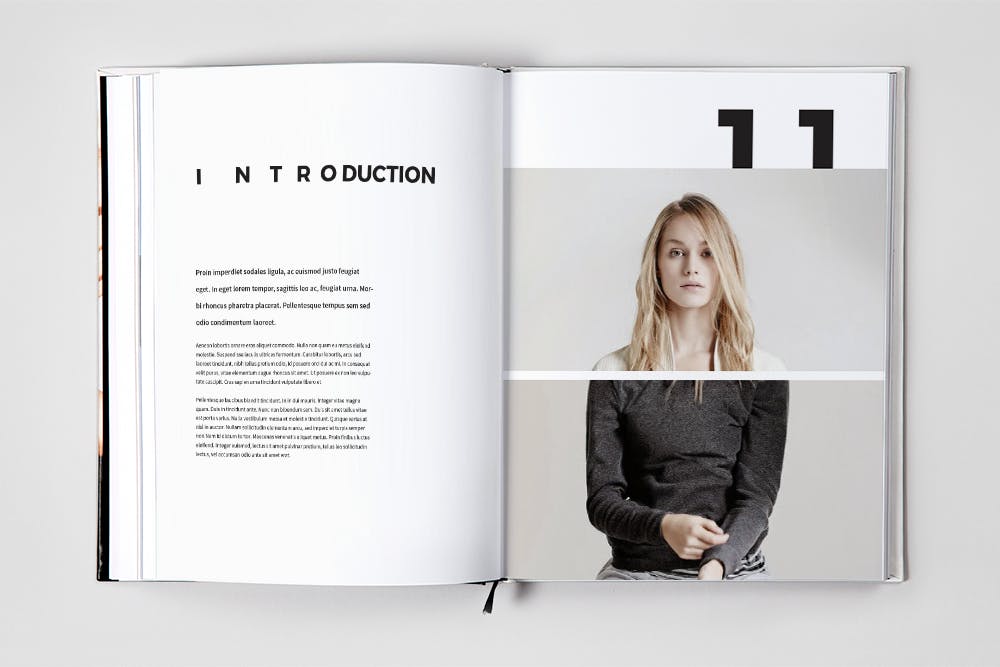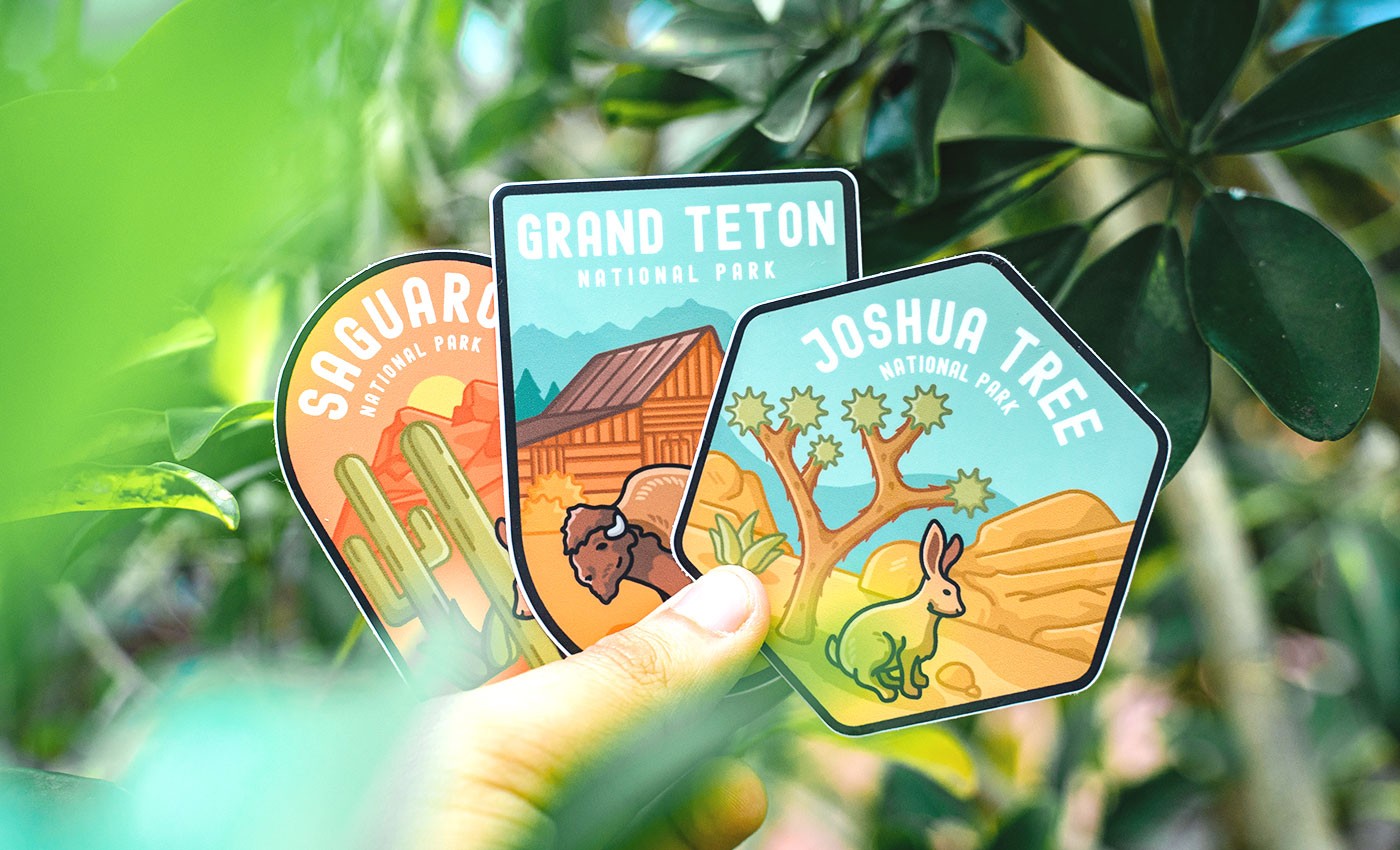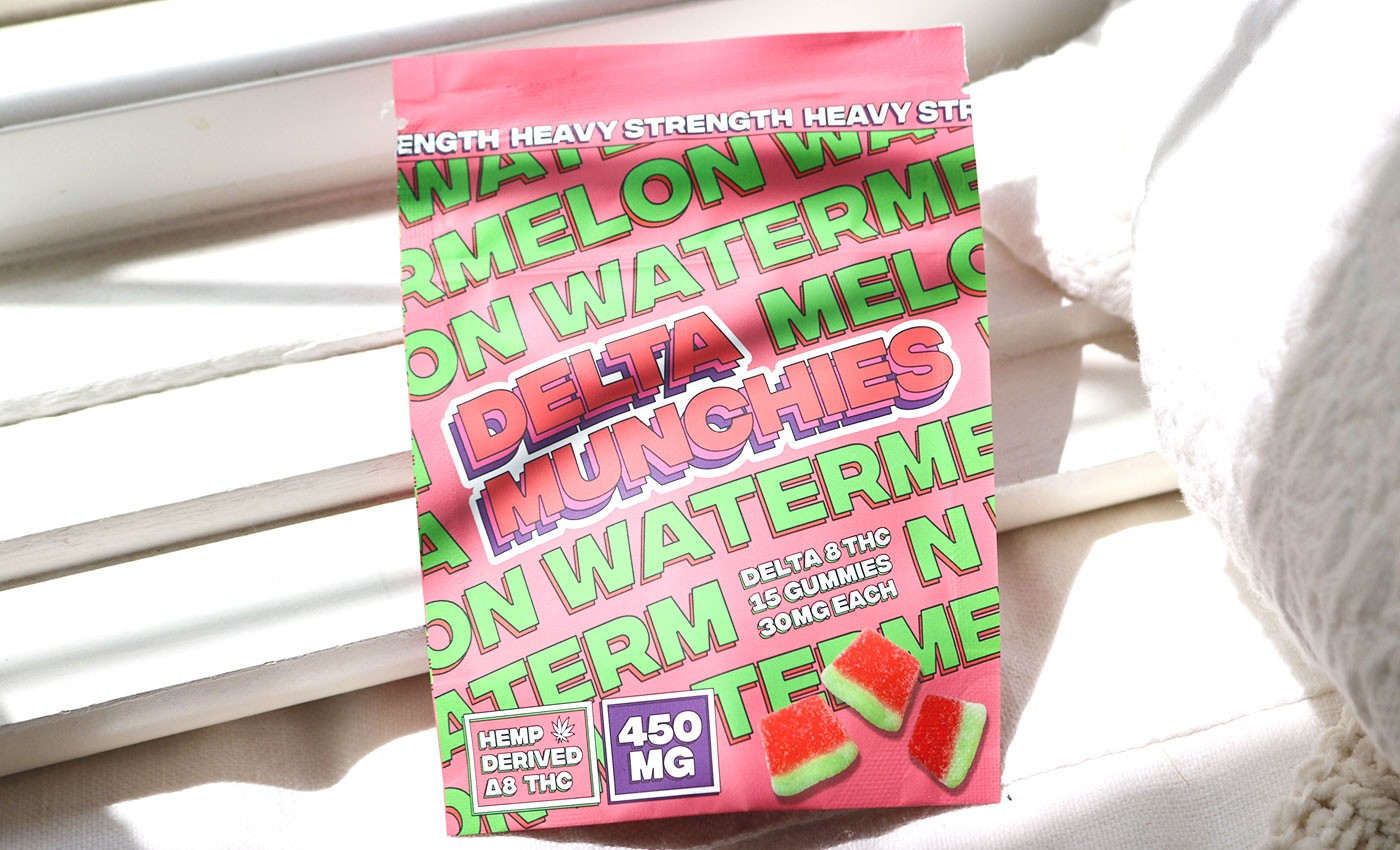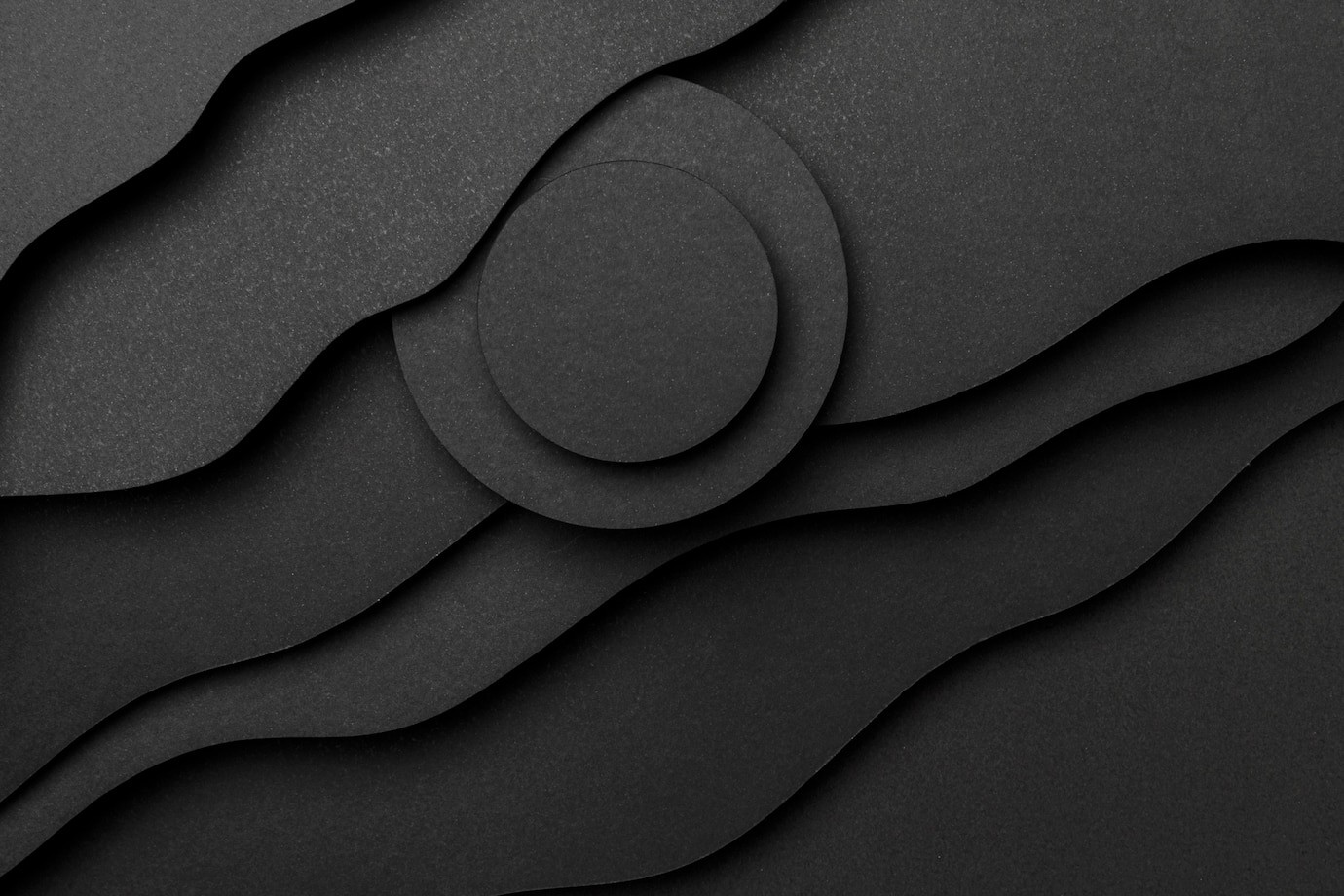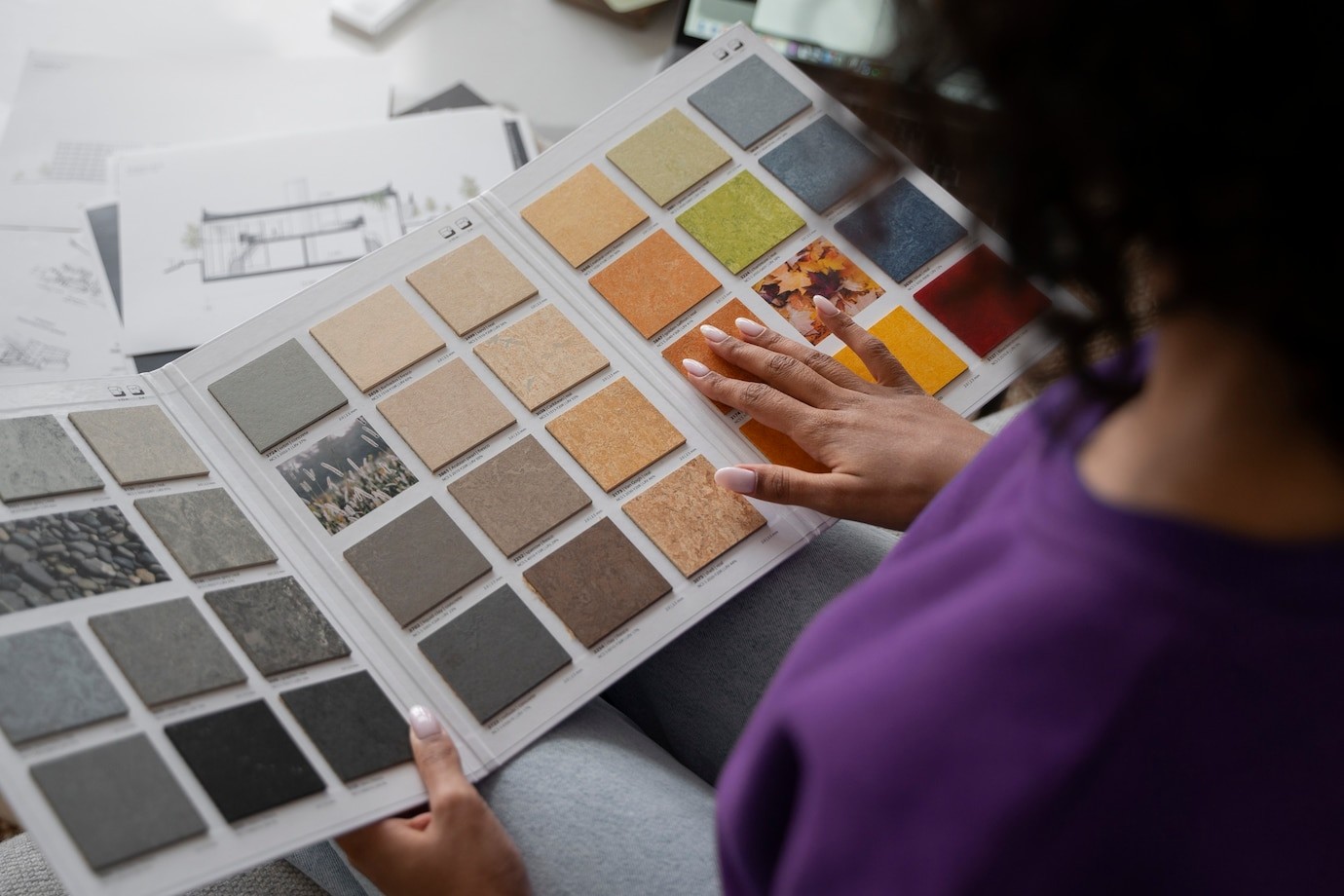
There are 4 popular poster sizes used in large format poster printing. These are typically 11″x17″ (small), 18″x24″ (medium) and 24″x36″, 27″x39″ (large). Across the world, these are commonly referred to as the international standard poster size.
Posters are one of our most popular printed products, as their attention grabbing size and cost-effective printing options give a great return on investment for your advertising. Our posters can be seen in in-store wall displays, outdoor large format displays such as bus stops, popup stands and trade shows and of course inside sporting clubs and schools. Posters are the original informational and public notice tool, used since the beginnings of papyrus writing mediums and continue to this day to be one of the most dynamic marketing tools available.
What standard poster size should you be using?
The selection of the size of a poster usually depends on what you want to use it for and the medium you are going to install it on. 8.5″x11″ posters are commonly referred to as handbills or flyers. These small posters are usually handed out person to person as they are around the size of a large postcard so easy to carry in bulk. Slightly bigger 11″x17″ and 12″x18″ posters are commonly used for promotions and small in-store advertising that’s applied to walls. The medium sized posters, 16″x20″ and 18″x24″ can be used in shop windows and portraits as they are an easy size to manage and quite cost effective.
The most common large format poster is 24″x36″. This is very popular in wheatpasting posters (also known as wheatpaste posters) which are the lightweight, repetitive mass postings you will see on fences and walls in the city, usually advertising music concerts, events and nightclubs. Larger sized 27″x39″ and 27″x40″ are known as single-sheets or film posters and as you might have guessed, these are usually the size that movie posters are printed on. The largest poster size, 40″x60″ are what you see on bus stops for advertising.

US Standard Poster Sizes Table
| Poster Sizes | Printing Type | Other Names |
|---|---|---|
| 8.5” x 11” (215.9mm x 279.4mm) | Digital, Offset, or Inkjet | ANSI-A, Letter |
| 11” x 17” (279.4mm x 431.8mm) | Digital, Offset, or Inkjet | ANSI-B, Tabloid, Ledger |
| 12” x 18” (304.8mm x 457.2mm) | Digital, Offset, or Inkjet | Mini-Poster |
| 16” x 20” (406.4mm x 508mm) | Inkjet or Offset | Portrait Pictures (digital camera picture) |
| 18” x 24” (457.2mm x 609.6mm) | Inkjet or Offset | Architectural C, Medium Poster, ½ size |
| 24” x 36” (609.6mm x 914.4mm) | Inkjet or Offset | Architectural D, Large Poster |
| 27” x 39” (685.8mm x 990.6mm) | Inkjet or Offset | One Sheet Movie Poster |
| 27” x 40” (685.8mm x 1016mm) | Inkjet | One Sheet Movie Poster |
| 48” x 36” (1219.2mm x 914.4mm) | Inkjet | Research Poster, Academic Poster |
| 40” x 60” (1016mm x 1524mm) | Inkjet | Bus Stop, Subway Poster |
| 46” x 67” (1168mm x 1702mm) | Inkjet | Bus Stop, Subway Poster |
European Standard Poster Sizes
Across Europe, it’s common to use the German DIN standard for standard poster sizes. Although slightly different to the US sizing in inches, we can correlate a few of the popular sizes like this:
11″ x 17″ = European DIN A3
18″ x 24″ = European B2
24″ x 36″ = European B1
For more information about European, UK and other international poster sizes, you can read more here. We print all standard US sizes as well as custom European sized posters same day here in New York. In fact, they are one of our most popular products and if you’ve spent a bit of time walking around Manhattan or Brooklyn, you’ll likely see one of our wheatpaste or large format posters on the wall, fences or bus stops.
French Poster Sizes Table
In France, poster sizes use the ISO A series sizing. It is also common for printers and suppliers to use ISO B1 and B2. French film posters are more regularly found in standard sizes rather than ISO sizes.
| Sizes: Inches & millimeters | Print Method | Also Known As |
|---|---|---|
| 15.7″ x 23.6″ (400 x 600 mm) | Digital, Offset or Inkjet | Petite |
| 23.6″ x 31.5″ (600 x 800 mm) | Digital, Offset or Inkjet | Moyenne |
| 23.6″ x 63.0″ (600 x 1600 mm) | Digital, Offset or Inkjet | Pantalon |
| 31.5″ x 47.2″ (800 x 1200 mm) | Digital, Offset or Inkjet | Demi-Grande |
| 47.2″ x 63.0″ (1200 x 1600 mm) | Inkjet or Offset | Grande |
| 63.0″ x 94.5″ (1600 x 2400 mm) | Inkjet or Offset | Double Grande |
Italian Poster Sizes Table
Although Italian movie posters are often found in completely different formats and unique sizes, Italian posters are usually classified in ISO A & B series sizes which is common across Europe.
| Sizes: Inches & millimeters | Print Method | Also Known As |
|---|---|---|
| 27.6″ x 39.4″ (700 x 1000 mm) | Digital, Offset or Inkjet | Un Foglio |
| 39.4″ x 55.1″ (1000 x 1400 mm) | Digital, Offset or Inkjet | Due Fogli |
| 55.1″ x 78.7″ (1400 x 2000 mm) | Digital, Offset or Inkjet | Quattro Fogli |
| 13″ x 27.6″ (330 x 700 mm) | Inkjet or Offset | Locandina |
| 19.7″ x 27.6″ (500 x 700 mm) | Inkjet or Offset | Photobusta |
UK Poster Sizes Table
In the UK, ‘Cards’ are known as front of house cards and are used to show movie posters that customers can pickup when they are exiting the cinema. The Double Crown, is also known as a One Sheet, and the Quad is really a 2-sheet (taking it’s name inspiration from Quadruple Crown; eg. double the size of a double crown).
Three Sheet and Six Sheet posters are often found in non standard dimensions such as 40×80″, 41×83″ and 81×81″ which may be a result of variations in print overlap and uncut paper dimensions.
| Sizes: Inches & millimeters | Print Method | Also Known As |
|---|---|---|
| 8″ x 10″ (203.2 x 254.0 mm) | Digital, Offset or Inkjet | Cards |
| 20″ x 30″ (508 x 762 mm) | Digital, Offset or Inkjet | Double Crown |
| 27″ x 40″ (685.8 x 1016 mm) | Inkjet or Offset | One Sheet |
| 30″ x 40″ (762 x 1016 mm) | Inkjet or Offset | Quad |
| 40″ x 81″ (1016 x 2057.4 mm) | Inkjet or Offset | Three Sheet |
| 80″ x 81″ (2032 x 2057.4 mm) | Inkjet or Offset | Six Sheet |
Australian Poster Sizes Table
Down in Australia, posters use the ISO sizes including ISO 216 A4 – 2A0, B1 and B0. Before the introduction of ISO 216, movie posters came in all sorts of different standard sizes as they had evolved from imperial US sizes before standardization with ISO 216 took place.
| Sizes: Inches & millimeters | Print Method | Also Known As |
|---|---|---|
| 11″ x 14″ (279.4 x 355.6 mm) | Digital, Offset or Inkjet | Lobby Card |
| 26″ x 30″ (660.4 x 762 mm) | Digital, Offset or Inkjet | Daybill |
| 27″ x 40″ (685.8 x 1016 mm) | Inkjet or Offset | One Sheet |
| 41″ x 81″ (1041.4 x 2057.4 mm) | Inkjet or Offset | Three Sheet |
Different Types of Large Format Posters
When you picture a poster in your mind you most likely are thinking about movie posters. These large format posters adorn the walls of your local cinema as well as common advertising space around your city. But actually, the most common poster we print are wheatpasting or wheatpaste posters. These are the concert and event posters you see covering walls and fences in repetitive rows (often 12 or 24 of the same poster next to each other in a row) in select parts of the city. They are one of the most cost effective large format advertising mediums and have been around for a very long time.
Wheatpaste Posters® / Wheatpasting Poster Sizes
Also known as wheatpasting, wheatpaste posters are a popular and effective form of wheatpasting marketing. Located in strategically chosen locations, on walls, fences or poles, they attract the attention of passers-by and quickly show information about your next event, concert or promotion. A well targeted poster campaign with wheat paste posters is informative, connects with people and saturates the visual flow in your area. It is an ideal tool for your next marketing campaign. Common sizes for the wheatpaste poster campaigns are the large poster sizes: 24″x36″ and 27″x39″. We print our large format posters in these sizes same day in NYC. So you can get started right away.
Wheat paste (also known as flour paste, or just paste) is a liquid gel or glue made from wheat flour or starch and water. Since ancient times, it has been used for a variety of decorative arts and crafts such as binding, decoupage, gluing and paper sword. In modern times it has been used as a glue for posters and paper inscriptions on walls. Like wallpaper paste, it is possible to make paste from raw wheat flour, mixing approximately equal portions of flour and water and heating it until the mixture thickens. Wheat paste for posters is the ideal combination for wild placement. It mixes easily, adheres to almost all surfaces and can be applied quickly and easily with a brush.
Poster Paper Weight
It is very important to select the right paper for printing posters. The first thing to note: always use acid-free paper for poster printing so that the posters don’t turn yellow over time. The best paper stock you can use to print your poster depends on many factors that are not defined by strict rules.
These factors include:
Cost: Do you want to print the poster on expensive canvas or 100% cotton paper to display in your living room? Or do you need a batch of 1000 printed posters? There are many different materials to print the posters, and prices/quality can vary greatly.
Personal preferences: Some people prefer high gloss paper, while others like a matte finish. It is really a matter of personal preference. Also keep in mind that some papers have a specific tone, either cold (blue) or warm (red). This can have a big impact on the appearance of the final product.
Location and longevity: Some posters will be displayed in a room where they are protected from elements, while the posters displayed outside should be more rigid. Generally, you want to be sure to use a heavier (thicker) paper than standard printer paper. This will not only add strength to your poster, it will age much better than standard paper, and your poster is much easier to flatten.
We recommend choosing paper that weighs at least 90 g/m2 (60 pounds) or more for your poster project. This is really the minimum weight you should choose for production (bulk). If your budget allows, it is preferable to choose heavier paper, for example (80 pounds – 120 g/m2 or 90 pounds – 163 g/m2). This will give your poster a more luxurious look and increased durability.
The post What is a standard poster size & poster dimensions? appeared first on Rush Flyer Printing.
